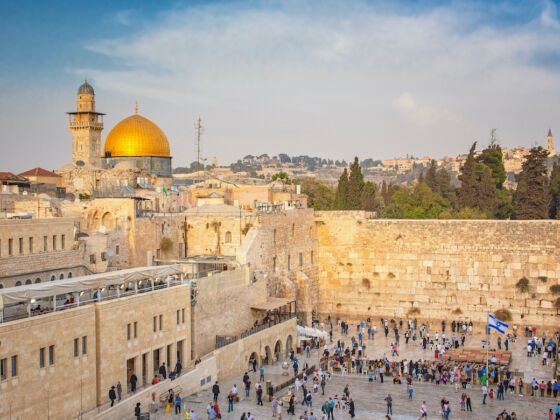“Israel is for the Jews. It is a Jewish state,” said Anan, our Birthright group leader. I had liked him a lot before he uttered those words. I wasn’t prepared for this subtle prejudice, but realized then that I had been overlooking comments like these for ten days.
We were nearing the end of our free trip around Israel. Birthright is considered a “gift” to Jews around the world. It is meant to strengthen our Jewish identity while ensuring solidarity with the state of Israel. What they never outright say, but nonetheless drill into your head, is that they want you to “make Aliyah,” to return to the Holy Land and increase Israel’s numbers.
